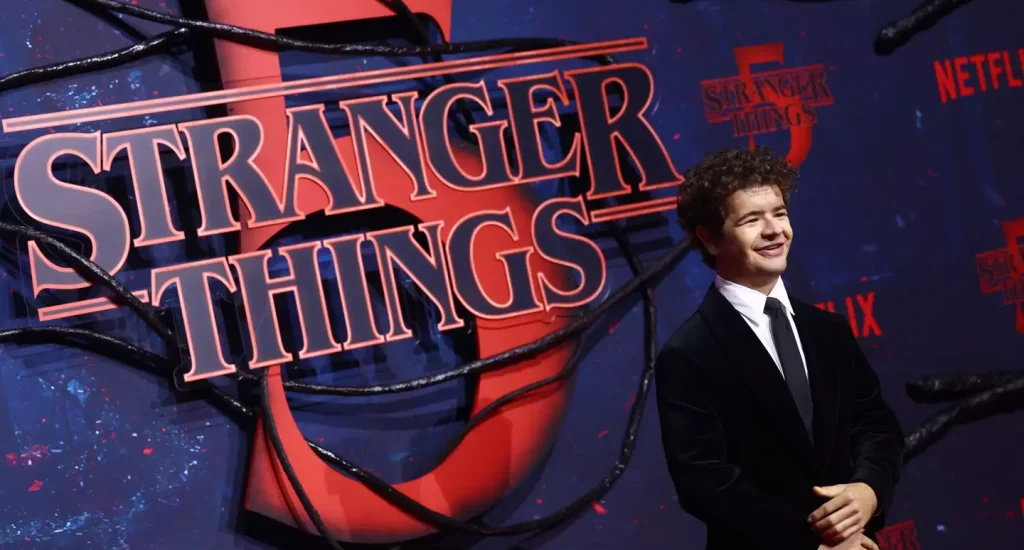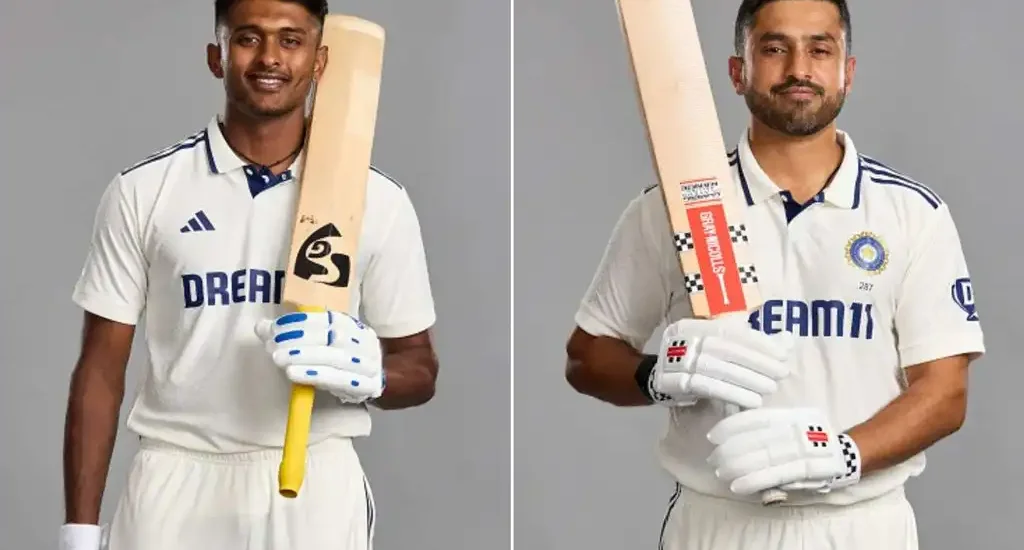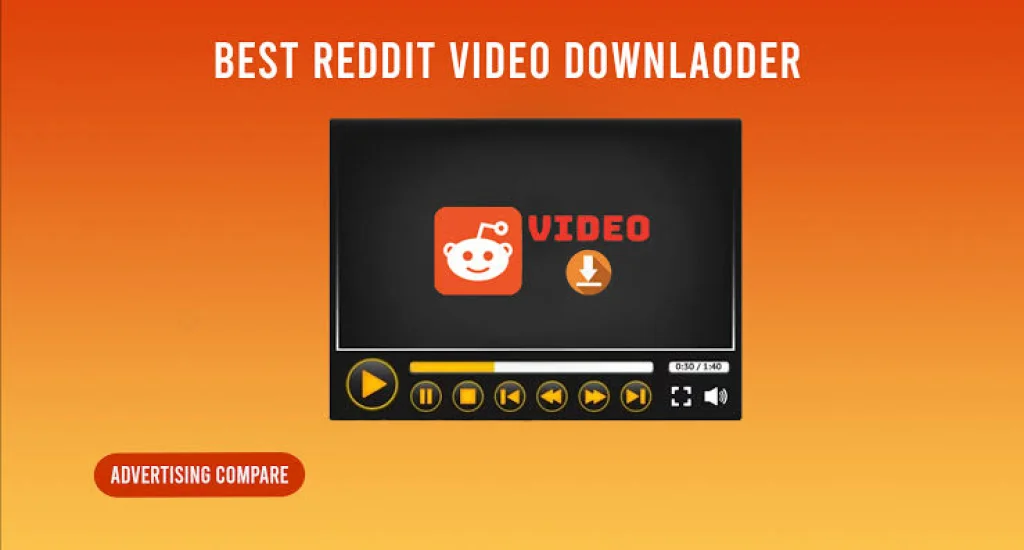
YT Downloader Reddit: The Tools Users Trust in 2025
As YouTube tightens restrictions, Reddit communities navigate the evolving landscape of video downloaders, revealing deeper questions about digital ownership and access
In the digital trenches where millions seek answers to everyday technical problems, one question echoes with persistent urgency: How do you actually download a YouTube video in 2025? The search leads inevitably to Reddit, where communities have become the de facto guardians of knowledge about which tools work, which have died, and which are simply malware wearing a helpful mask.
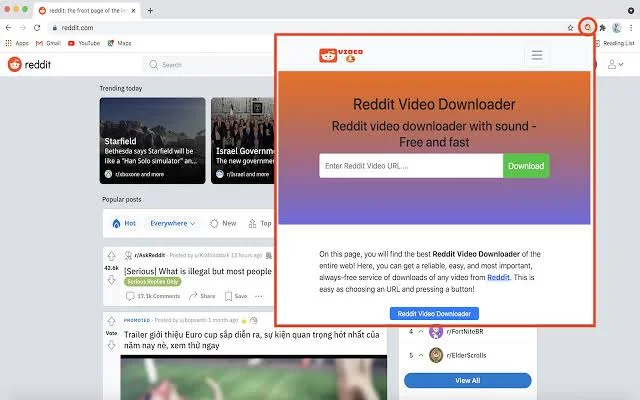
Type "yt downloader reddit" into any search engine, and you'll find thousands of threads documenting an ongoing arms race between YouTube's increasingly sophisticated defenses and the tools people use to save videos. As of November 2025, this landscape has shifted dramatically—many once-reliable options have disappeared, while survivors have evolved to stay ahead of platform restrictions that grow more aggressive by the quarter.
The Dominant Tool No One Wants to Learn
yt-dlp, forked from the legendary youtube-dl, dominates Reddit's tech-savvy circles as a command-line-based tool offering unmatched customization, including format selection and metadata retention. It's the gold standard, the tool that keeps working when web-based alternatives collapse overnight, the solution that receives updates within hours when YouTube changes its code.
But there's a catch that sends many users fleeing back to Google searches: yt-dlp is a command-line tool with no frontend GUI, meaning users must navigate terminal windows and memorize commands. For anyone who's never opened a command prompt, this presents a psychological barrier as daunting as any technical one.
"I just want to save a cooking video to watch while camping where there's no signal," wrote one frustrated Redditor in r/software. "Why do I need to learn programming just to download something that's already playing on my screen?"
That frustration—the gap between what should be simple and what platforms make difficult—defines the entire downloading conversation. It's a tension Reddit users navigate daily, balancing their desire for reliable tools against the technical knowledge required to use them.
YouTube's Escalating Defenses
YouTube's technical updates in 2025 have created new challenges, with recent yt-dlp releases requiring external JavaScript runtimes like Deno to properly decrypt YouTube's n/sig values. This escalation represents the platform's increasingly aggressive stance against downloading, forcing tools to become more sophisticated just to maintain basic functionality.
The technical details matter less than what they represent: an arms race where YouTube implements "rolling ciphers" that constantly regenerate video URLs, making them temporary and difficult to extract. Each video essentially becomes a moving target, requiring downloaders to reverse-engineer obfuscation methods in real-time.
This warfare has real casualties. Reddit's various tech communities maintain running lists of dead downloaders—tools that worked last month but can't handle YouTube's latest updates. The graveyard includes once-popular options like TubeNinja, multiple iterations of SaveFrom.net, and countless web-based services whose developers simply gave up.
Similar technological battles play out across digital platforms. When systems implement restrictions, user communities inevitably develop workarounds, creating cycles that benefit no one except perhaps the lawyers arguing about terms of service.
What Actually Works Right Now
Reddit's collective wisdom, tested daily by thousands of users across multiple subreddits, points to a small set of reliable options as of November 2025. Beyond the command-line dominance of yt-dlp, several tools maintain the community's grudging approval.
4K Video Downloader remains a long-standing recommendation, supporting high-resolution downloads up to 8K, batch processing, and subtitle extraction, with Reddit users praising its simplicity and reliability. Unlike yt-dlp, it offers a graphical interface that doesn't require command-line knowledge, making it accessible to users willing to pay for premium features after the free trial expires.
SnapDownloader has emerged as a versatile option compatible with both Windows and macOS, allowing users to download media from over 900 websites including YouTube, Facebook, Instagram, Reddit, Twitter, TikTok, and Vimeo. Its all-in-one approach appeals to users who download from multiple platforms, though the subscription model turns away those seeking completely free solutions.
For users seeking web-based simplicity despite the risks, YT5s provides a free, browser-based YouTube downloader that converts and downloads videos in various formats such as MP4, MP3, 3GP, and WEBM, designed to be user-friendly and accessible across multiple devices without requiring software installation. However, these web services typically come with aggressive advertising and occasional malware risks that make experienced Reddit users cautious in their recommendations.
The pattern emerges clearly: reliable tools either require technical knowledge (yt-dlp), cost money (4K Video Downloader, SnapDownloader), or come with significant trade-offs in safety and reliability (web-based services). There's no free, simple, completely safe option—a reality that frustrates users but reflects the economic and technical constraints of the downloading ecosystem.
The Legal Questions No One Wants to Answer
Every Reddit thread about YouTube downloaders eventually arrives at the same uncomfortable territory: Is this legal? Is it ethical? The answers remain frustratingly ambiguous, varying by jurisdiction, use case, and who you ask.
Downloading copyrighted content without permission violates YouTube's terms of service and potentially harms content creators who rely on ad revenue and viewer engagement to support their work. YouTube Premium exists specifically to provide legal offline viewing, and downloading videos through third-party tools circumvents the revenue streams that keep creators producing content.
According to digital media law experts, downloading YouTube videos without permission directly violates YouTube's Terms of Service, while for Reddit, public content is often considered fair game though copyright laws still apply. This legal framework matters in theory but doesn't necessarily reflect how users think about downloading or guide their behavior in practice.
Reddit discussions reveal nuanced positions that don't fit neatly into legal categories. Users distinguish between downloading copyrighted music videos for redistribution (clearly wrong) versus downloading educational content to watch offline during travel (morally gray). They debate whether archiving videos that might be deleted constitutes fair use or copyright violation.
"I download videos of my favorite educational creator because they've had content falsely taken down before," explained one Redditor with hundreds of upvotes. "I'm not redistributing it. I'm not profiting. I'm just preserving work that might disappear due to platform policies or copyright trolls. Is that really the same as piracy?"
These debates mirror broader tensions across digital media. When platform policies and user needs clash, the resulting friction creates gray areas where legal frameworks struggle to provide clear guidance for everyday behavior.
The RIAA Takedown That Changed Everything
In October 2020, the Recording Industry Association of America issued a DMCA takedown notice to GitHub requesting removal of youtube-dl and 17 public forks, arguing the tool violated anti-circumvention provisions by bypassing YouTube's rolling cipher protection. The move sparked intense backlash from developers, archivists, and users who noted the tool's many legitimate applications.
The takedown resulted in a massive Streisand effect, with users reposting the source code across the internet in multiple formats, including images encoding the entire codebase in colored pixels on Twitter. GitHub eventually reinstated the repository after the Electronic Frontier Foundation intervened, cautioning that removal might set dangerous precedents for misusing takedown processes.
This legal drama fundamentally shaped how Reddit communities discuss downloaders. Users became more cautious about openly sharing tools, more skeptical of commercial interests weaponizing copyright law, and more determined to preserve access to downloading capabilities they view as legitimate uses of publicly accessible content.
The incident also cemented yt-dlp's status as youtube-dl's successor. When the original project faced legal pressure and development slowed, the fork continued with active development and rapid responses to YouTube's technical changes, earning the trust of Reddit's technical communities.
Browser Extensions: The Middle Ground
For users who find command-line tools intimidating but don't want to visit potentially sketchy websites, browser extensions promise a middle-ground solution. Video Downloader PLUS frequently appears among Reddit's browser extension recommendations, working directly in browsers without requiring external websites or command-line knowledge.
But extensions come with their own complications. They require permissions to access browsing data, creating potential privacy vulnerabilities that concern security-conscious users. Reddit's r/privacy regularly warns about downloading extensions that could harvest user information, inject advertising into web pages, or serve as vectors for malware.
"Always double-check extension permissions before installing any video downloader," cautions a pinned post in multiple subreddits dedicated to software recommendations. The advice reflects hard-learned lessons from extensions that promised downloading functionality but delivered spyware, adware, or worse.
The most cautious Reddit users recommend open-source extensions with transparent code available for independent security review. This significantly narrows the field, eliminating many popular but closed-source options that might work perfectly fine but can't be independently verified as safe.
The tension between convenience and security runs through every downloading discussion. Users want tools that "just work" but also want to trust that those tools aren't compromising their privacy or security. Finding options that satisfy both requirements proves increasingly difficult as YouTube's restrictions force downloaders toward more invasive technical approaches.
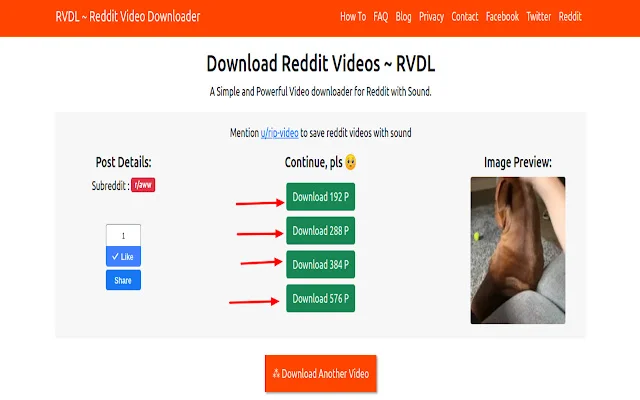
The Reddit Video Paradox
Ironically, while Reddit users obsessively discuss YouTube downloaders, downloading videos from Reddit itself presents similar technical challenges. RedditSave (formerly RapidSave) and Viddit.red frequently appear as recommendations for quick Reddit downloads, with some Redditors preferring Viddit.red because it's less likely to be overloaded with traffic.
Reddit's video player has its own quirks—videos often play without audio in third-party apps, and direct links aren't always easy to extract without understanding the platform's technical structure. This drives users toward specialized Reddit downloaders that handle these peculiarities.
Rapidsave (formerly RedditSave) stands as one of the most popular and straightforward online tools for downloading Reddit videos, offering both HD and SD versions often with sound included. The tool's simplicity appeals to users who just want to save memes or funny videos without wrestling with complex technical interfaces.
The meta nature of these discussions—Redditors helping each other download content from the very platform hosting the discussion—highlights how downloading has become normalized despite platform policies against it. Users view saving content as basic functionality that platforms should provide but don't, justifying workarounds as filling legitimate needs rather than violating rules.
This normalization extends across platforms and use cases. Digital audiences increasingly expect content portability, the ability to save and access media across devices and contexts regardless of platform restrictions designed to keep them engaged within specific ecosystems.
The Command-Line Barrier
Despite yt-dlp's technical superiority and Reddit's tech communities' enthusiastic endorsements, most YouTube downloader searches come from users who will never touch a command line. This creates persistent demand for simpler alternatives, even if they're less reliable, less feature-rich, or potentially less safe.
Reddit's technical communities sometimes struggle to understand this barrier. "It's literally just typing 'yt-dlp [URL]' in terminal," wrote one exasperated developer in r/software. "If you can use Reddit, you can figure out basic commands."
But that perspective misunderstands the psychological barrier command lines represent for non-technical users. Terminals look intimidating. Error messages feel incomprehensible. The fear of "breaking something" by typing wrong commands keeps many people away, even when the actual difficulty is minimal and the risks are essentially nonexistent.
This gap explains the enduring market for GUI-based downloaders and web services despite their limitations. They may be less powerful, more prone to breaking when YouTube updates its code, and potentially less safe—but they feel accessible in ways command-line tools never will for most users. That psychological accessibility often outweighs technical superiority.
Some developers have created GUI wrappers for yt-dlp, attempting to bridge this gap by providing graphical interfaces that run the command-line tool in the background. These solutions appear occasionally in Reddit recommendations, though they remain niche compared to either pure command-line yt-dlp or completely separate GUI applications.
Mobile Downloading: The Toughest Challenge
As smartphones become primary computing devices for many users, downloading videos on mobile presents additional complications. iOS's restrictions on file system access and app capabilities make downloading particularly difficult, while Android's more open ecosystem allows greater flexibility at the cost of increased security risks.
Reddit threads about mobile downloading reveal creative workarounds: using Shortcuts app on iOS to script downloads through API calls, installing alternative browsers that allow file downloads, or using apps that disguise downloading functionality behind other features to avoid App Store restrictions.
"Apple makes it nearly impossible to download anything that isn't through their approved channels," complained one Redditor in a highly upvoted comment. "Meanwhile on Android I have five different working methods, though I'm never quite sure which ones are stealing my data."
This disparity reflects broader platform philosophies—Apple's walled garden approach prioritizing security and approved functionality versus Android's relative openness allowing greater user control at higher risk. Neither approach satisfies users who want both security and flexibility, forcing compromises that leave everyone somewhat dissatisfied.
What the Discussions Reveal
The persistent popularity of YouTube downloader threads on Reddit illuminates several truths about how people interact with digital content in 2025. Users want control over media they've found valuable—the ability to save it, access it offline, archive it against potential deletion. They want this functionality without jumping through technical hoops, paying subscription fees for every platform, or risking malware from sketchy websites.
Platform restrictions feel arbitrary when videos play perfectly fine in browsers but can't be saved to devices. Users perceive downloading not as piracy but as basic functionality that should exist but doesn't—a failure of platforms to serve user needs rather than users engaging in wrongdoing.
This framing ignores the economic realities of content creation and platform business models, which depend on keeping users engaged within ecosystems where advertising can be served and subscriptions can be sold. But it reflects how audiences actually think about downloading, creating the disconnect that sustains entire communities dedicated to circumventing restrictions.
YouTube employs advanced detection to block downloader IPs, with some tools circumventing this through proxy servers in a continuing technological arms race. Each update from YouTube requires corresponding updates to downloading tools, creating an exhausting cycle for developers who maintain these projects—often without compensation—simply because they believe users deserve downloading functionality.
"The fact that we need entire communities dedicated to figuring out how to save videos to our own devices tells you everything about how broken the current system is. This should be a button, not a technical challenge."
That sentiment, expressed in countless variations across Reddit's downloading discussions, captures the fundamental frustration driving these communities. They're not primarily trying to pirate content or cheat creators—they want basic functionality that platforms refuse to provide, forcing them to become amateur technologists or risk sketchy third-party solutions.
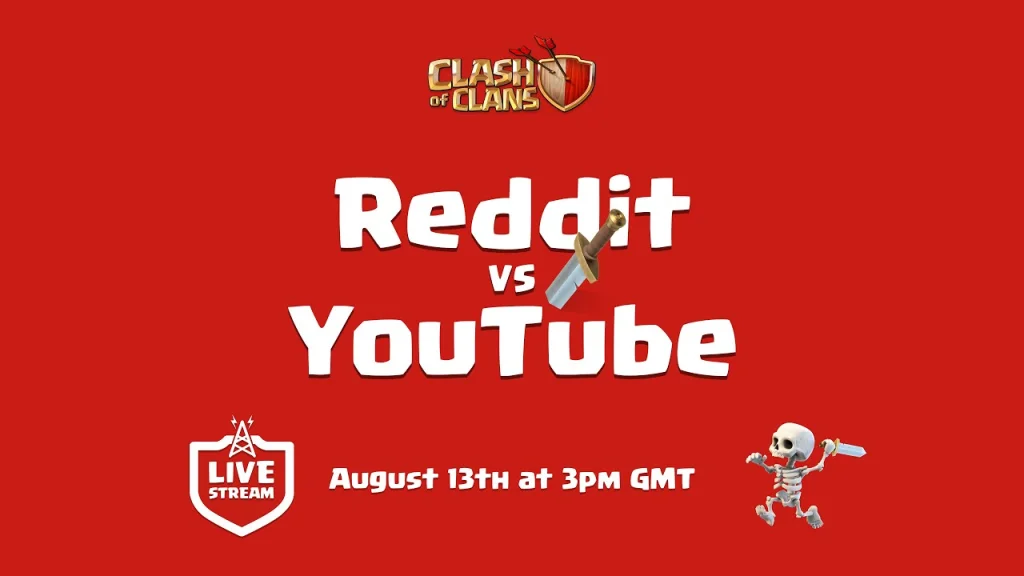
Looking Forward
As 2025 progresses, the arms race between YouTube and downloaders shows no signs of resolution. Some Reddit users predict eventual victory for platforms—that technical protections will become sophisticated enough to make downloading impractical for average users. Others argue that as long as video plays in browsers, methods will exist to capture and save it, making the arms race ultimately unwinnable for platforms.
A third perspective suggests the entire debate might become obsolete as internet connectivity improves globally, as offline viewing features improve within official apps, and as storage concerns diminish with advancing technology. The practical need for downloading might simply fade for most users.
"I used to download everything because my internet was unreliable and data caps were brutal," reflected one long-time Redditor. "Now I just stream everything. Downloading feels like solving a problem I don't have anymore."
But that view privileges users in well-connected regions with unlimited data plans. For millions worldwide, downloading remains essential for accessing content during commutes in areas with poor connectivity, in countries where data costs make streaming impractical, or simply for the peace of mind that comes from having local copies of valuable content.
The technical solutions will continue evolving—yt-dlp will receive updates, new GUI applications will launch promising easier experiences, web services will appear and disappear as YouTube breaks them. Reddit users will continue sharing what works, what died, and what to avoid. The conversation persists because the underlying tensions remain unresolved.
Perhaps that's the real story: not which downloader works best in November 2025, but why we need this conversation at all. In a digital world where content flows freely until someone decides it shouldn't, downloading represents both practical necessity and philosophical statement about who controls access to culture in the internet age.
Reddit's endless threads about YouTube downloaders aren't just technical discussions—they're negotiations over fundamental questions about ownership, access, and agency in digital spaces increasingly designed to limit all three. Every recommendation for yt-dlp, every warning about sketchy web services, every debate about ethics and legality reflects deeper questions about what we're owed as users, what creators deserve as makers, and where platforms fit in the complicated relationship between the two.
The tools will change, the techniques will evolve, and YouTube's restrictions will grow more sophisticated. But the fundamental human desire to save, preserve, and control access to things we find valuable—that's not changing anytime soon. And as long as that desire exists but remains unserved by official channels, Reddit communities will continue documenting the workarounds, testing the solutions, and helping each other navigate the gap between what platforms allow and what users actually need.
Related Articles


